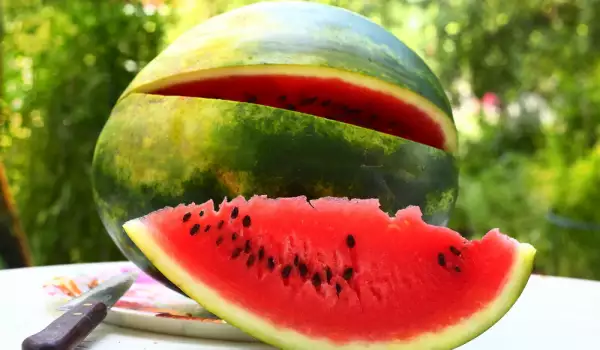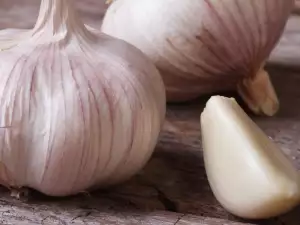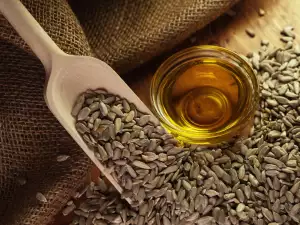Watermelon is a fruit, which we usually associate with our favorite summer and intense heat. This fruit is particularly suitable for consumption during the warm season, as it is light and does not imply satiety.
The taste of watermelon is sweet. The fruit contains seeds and the deep pink color indicates that the watermelon is ripe and ready to be eaten. The light taste of the fruit is due to the high percentage of water in the composition of the watermelon. 92% of it is made up of water.
Watermelon seeds are rich in protein and fat, so they can be used to produce vegetable oil. Apart from them, the composition of watermelon is beneficial for the body and offers a number of useful substances.
How many calories are in watermelon
Due to the high amount of water in the composition of the watermelon, it is also considered one of the lowest-calorie fruit. 100 grams of the fruit contain 30 calories. This makes watermelon an extremely suitable fruit for consumption during diets.
Besides watermelon having a minimal amount of calories, its composition offers no less significant benefits.
Watermelon contains more
- Carbohydrates - sugars, glucose, fibers, fructose;
- Vitamins of group A, B, C, E and D;
- Amino acids;
- Fats;
- Minerals such as iron, magnesium, potassium, calcium, copper, etc.
Also read: can weight be gained from watermelon and all the benefits of watermelon.



















Comments